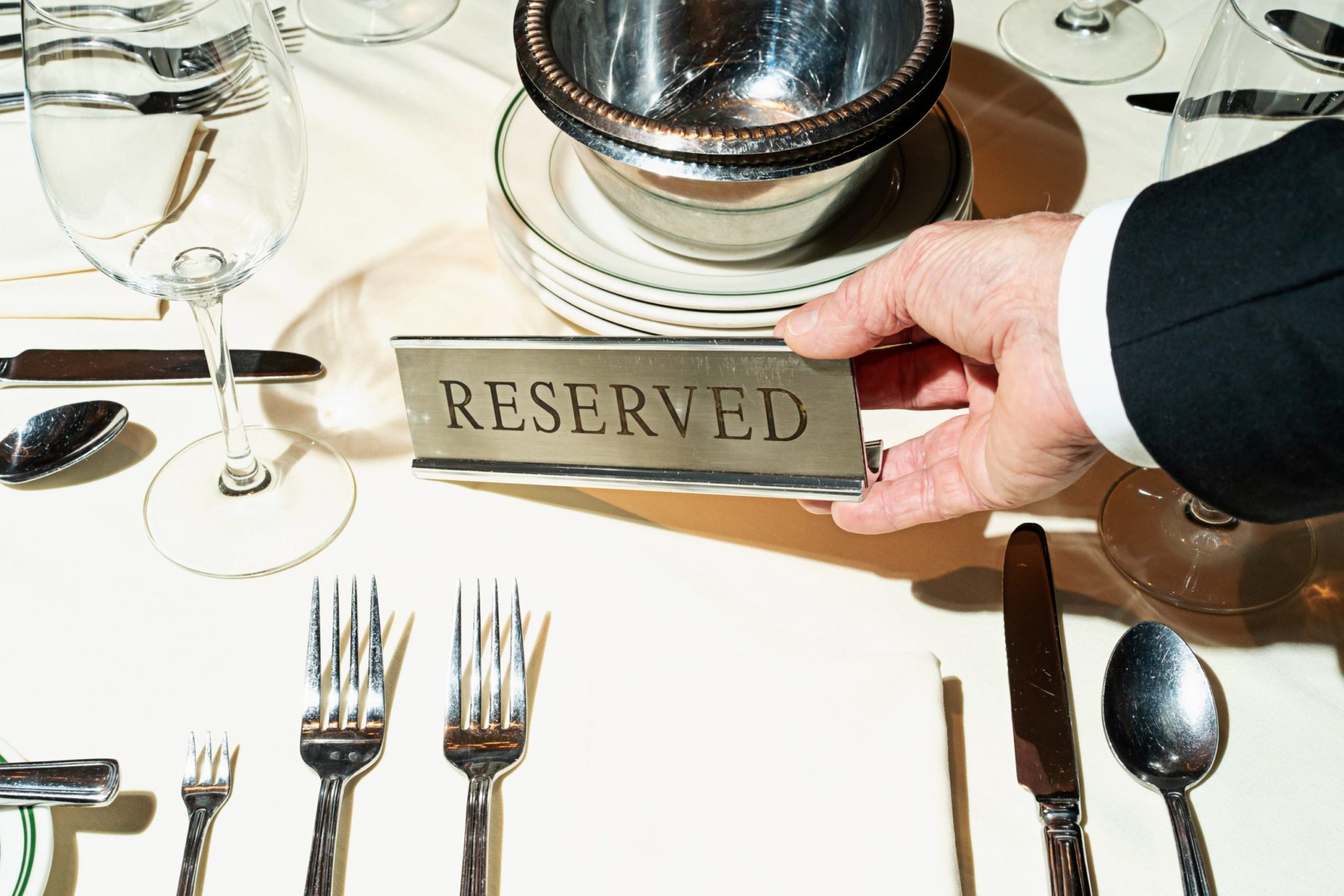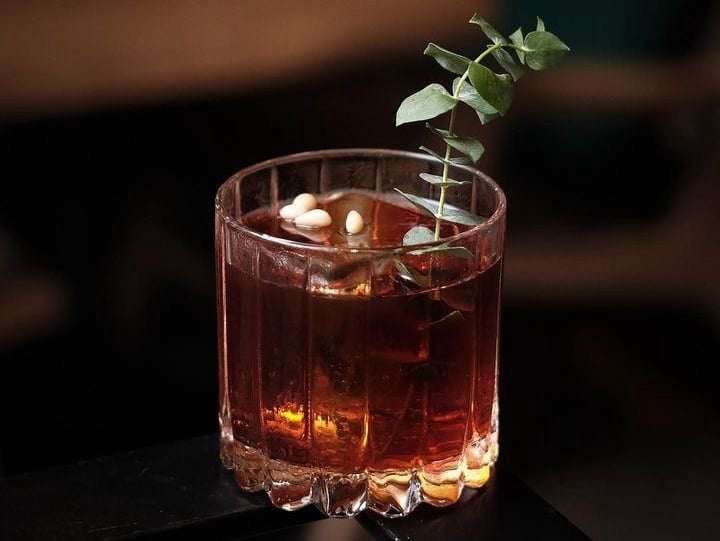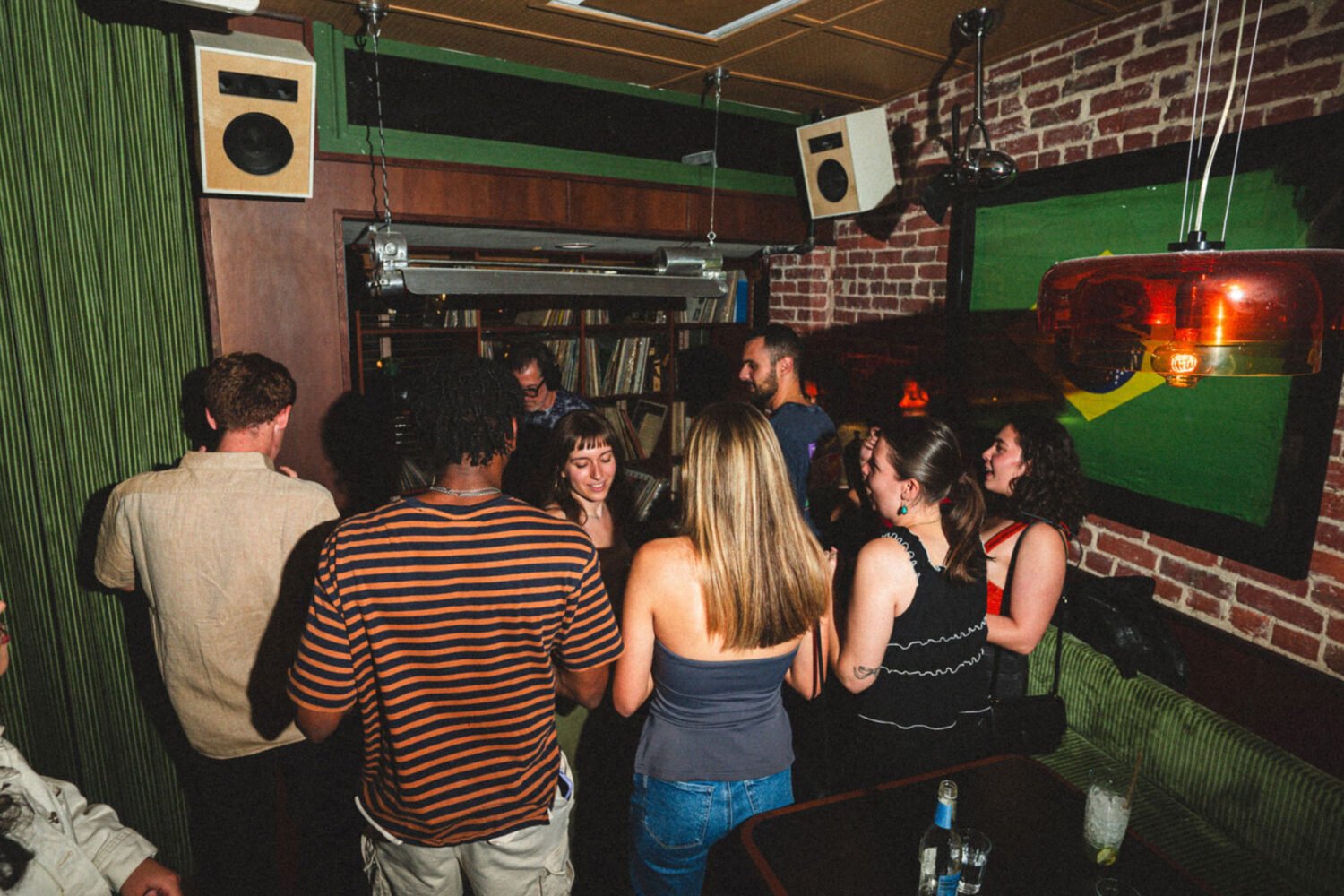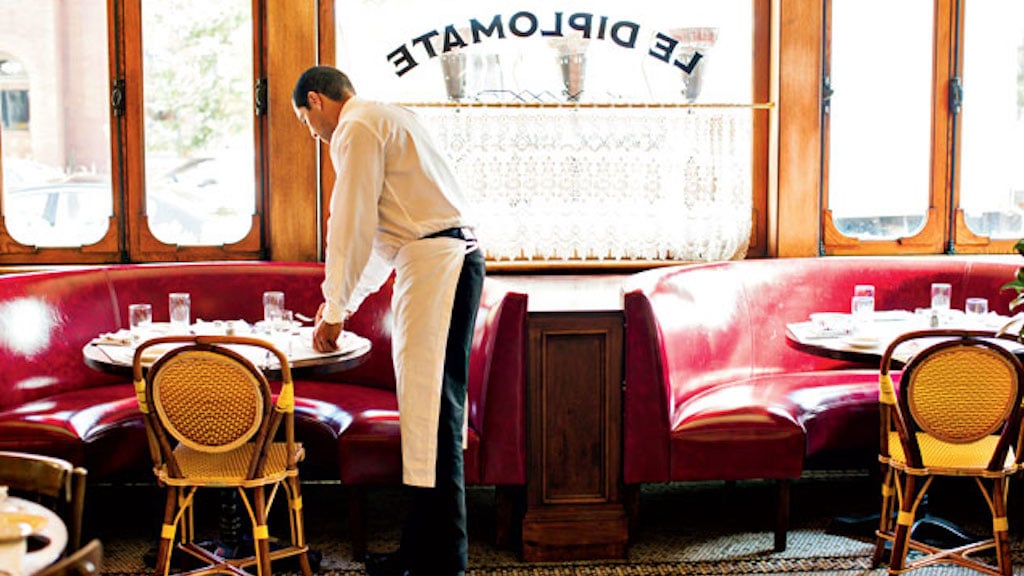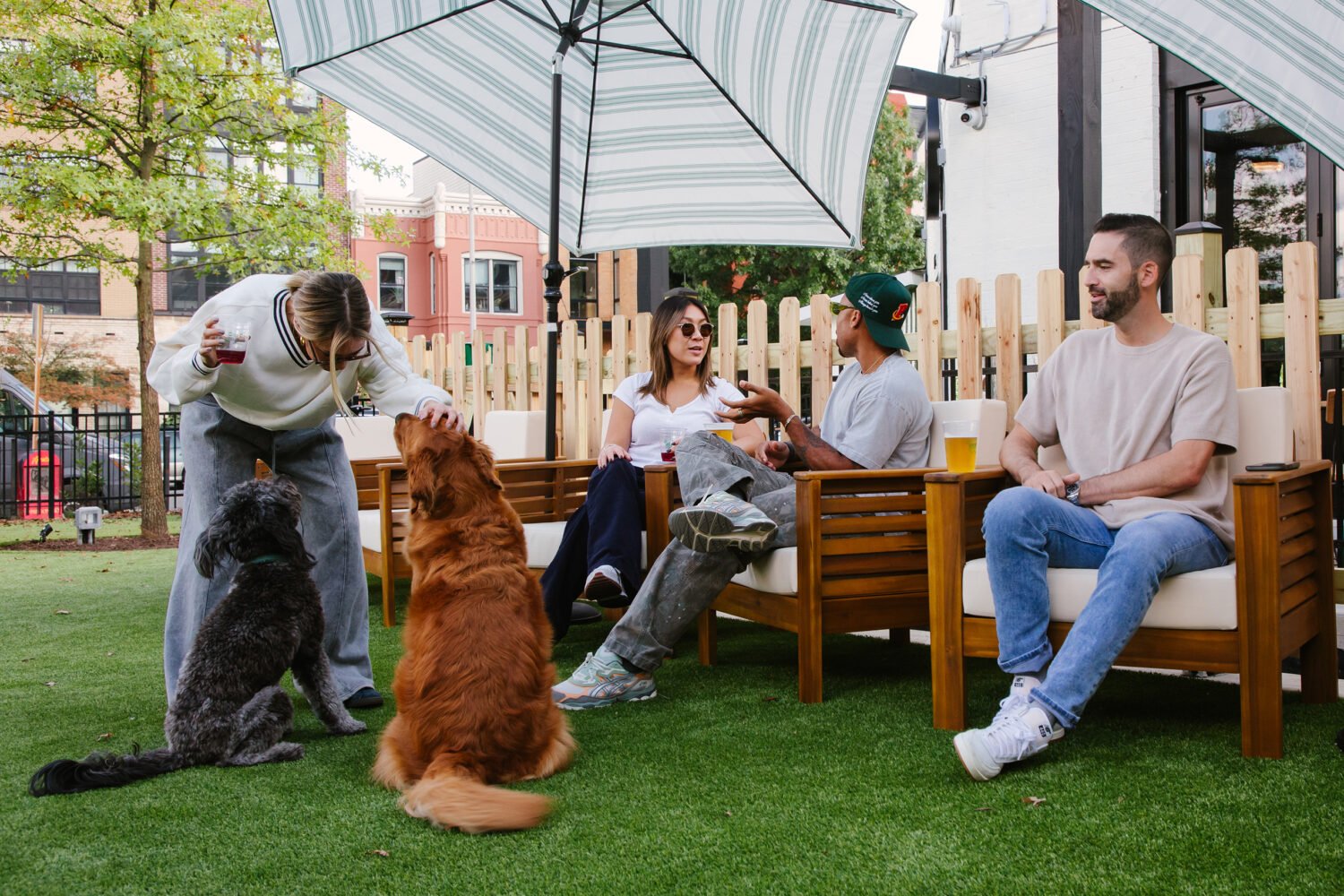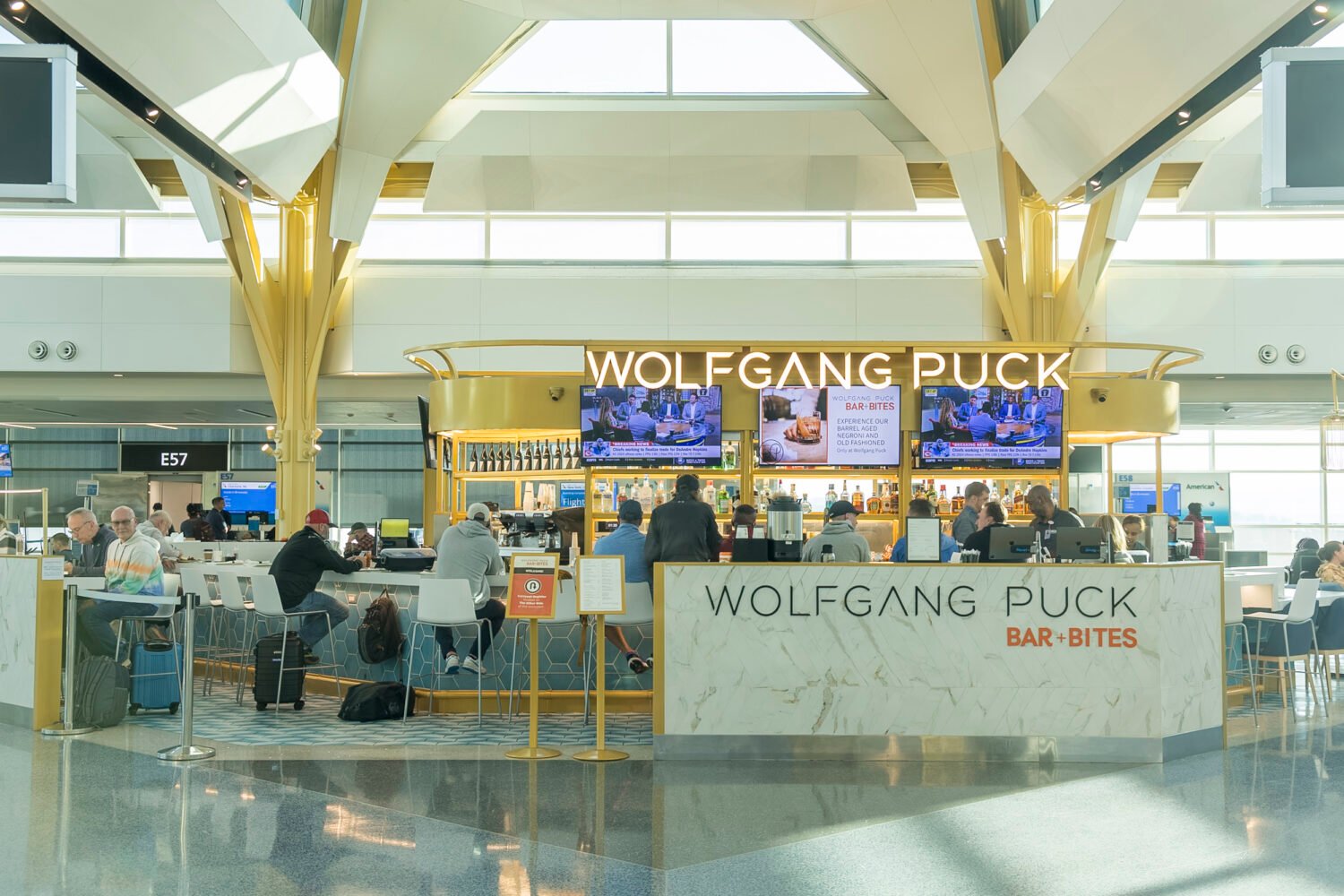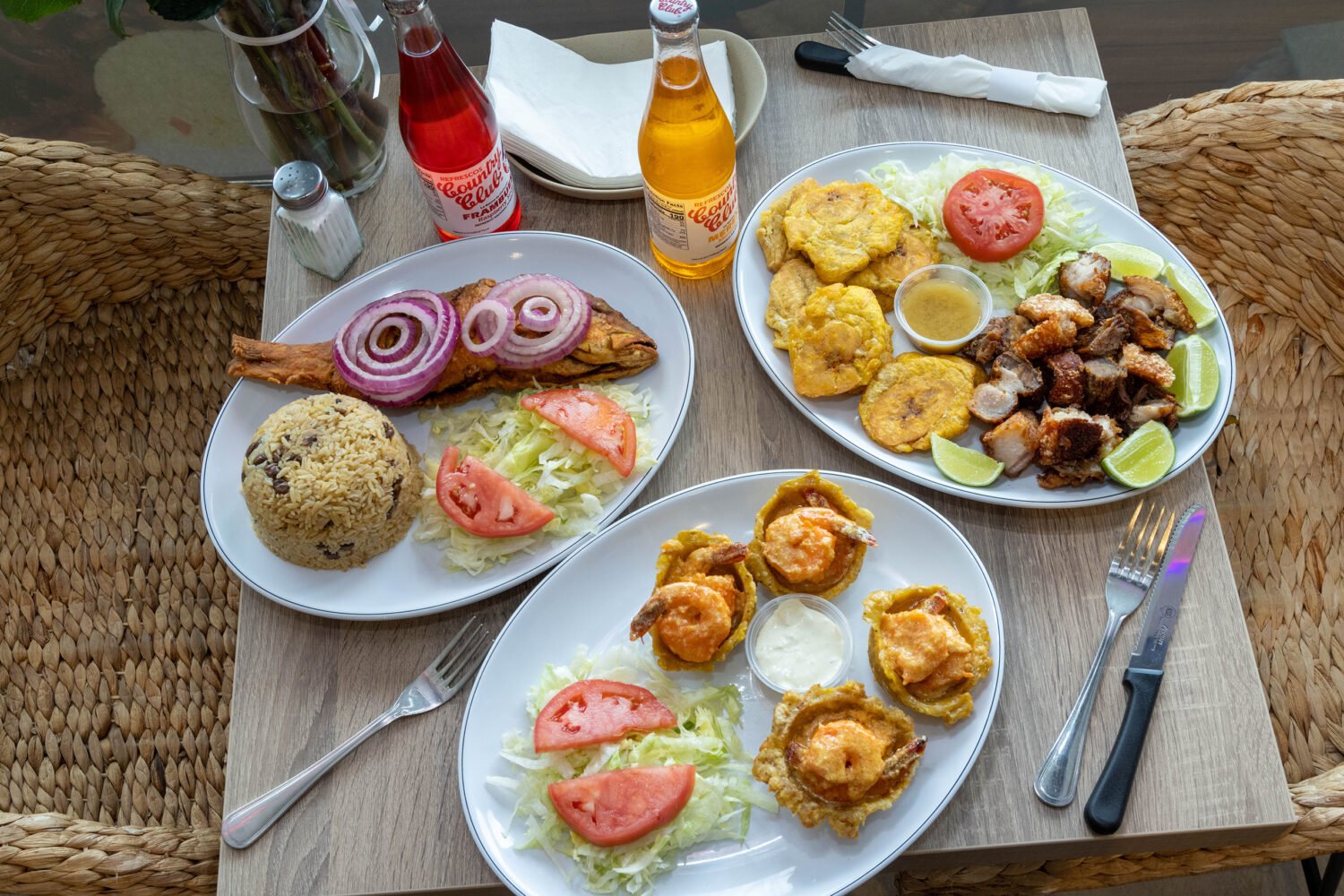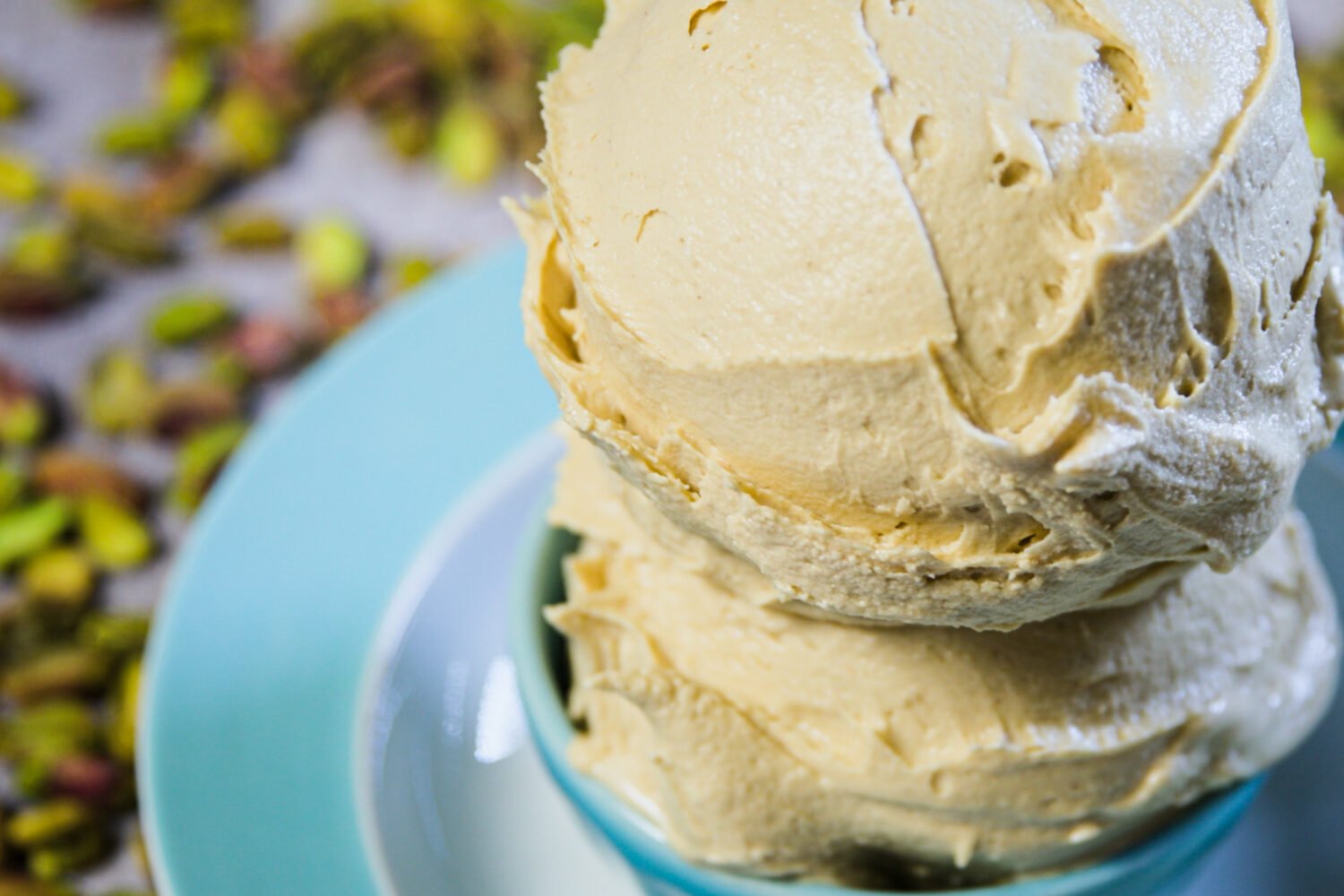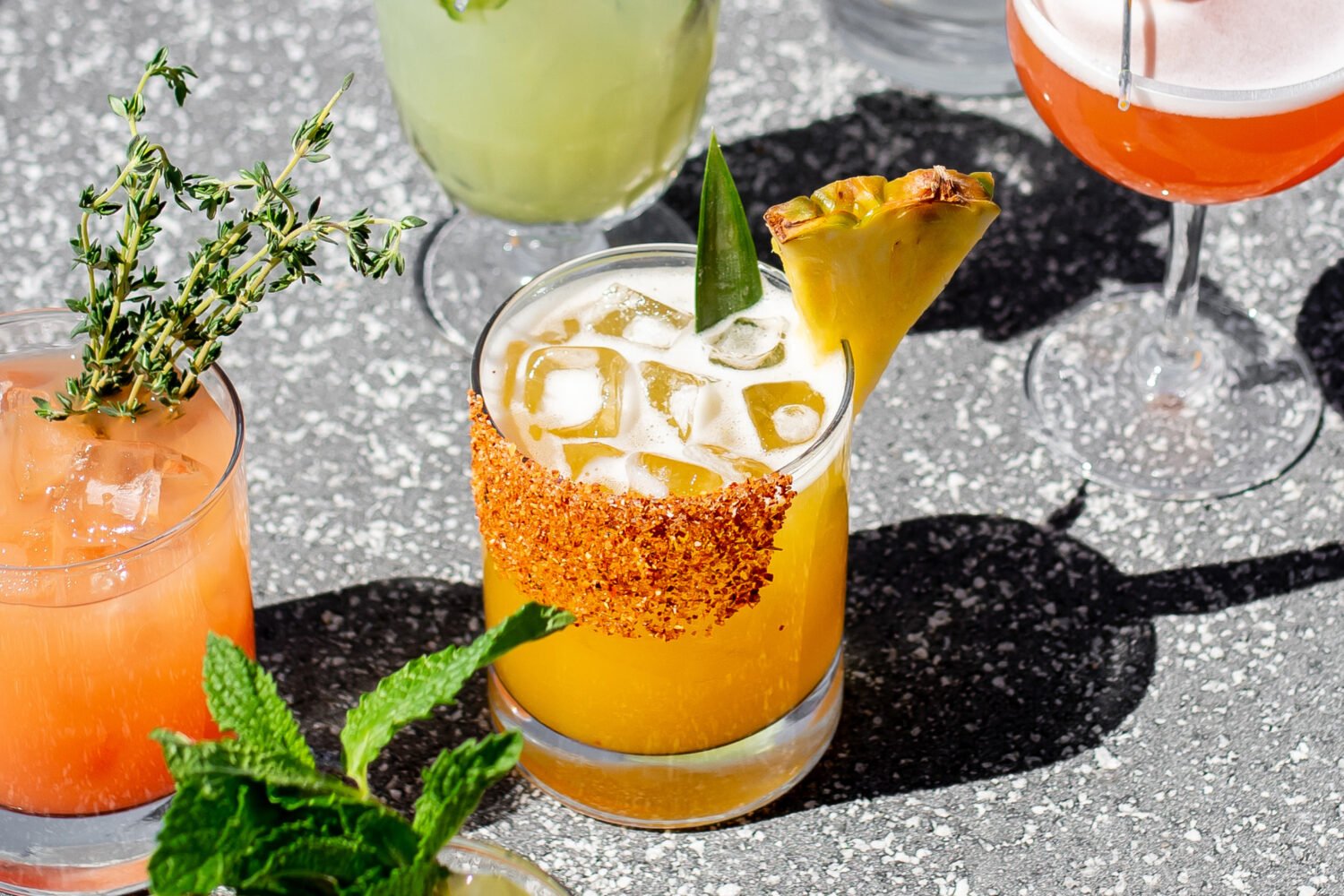Don’t believe it when restaurants insist they treat every diner the same. The truth is no matter how great your meal and how terrific the service, there are almost always certain VIPs who get a little bit (or a lot) extra. In my latest magazine feature, I delved behind the scenes into the pampered and personalized world of DC’s dining VIPs. There are some juicy tidbits about some of Washington’s most famous names—from the former presidential candidate who drinks rounds of Crown Royal “like a champion” to the restaurant that tries not to seat Trump officials near the window. (I don’t want to spoil the fun, so read the whole thing here.)
But as much we all love to talk about the rich and famous, the top VIPs are typically neither. They’re the regulars. A big name might bring in some buzz or add a certain cachet, but the people who come in day in and day out are the lifeblood of restaurants—and rewarded accordingly. It’s also not all that hard for anyone to become a VIP. Here’s how you do it:
1) Go to your favorite restaurant a lot. At Minibar, people who visit at least four times a year—basically once per season—are typically considered regulars. Of course, not all of us can afford a $275 tasting menu that often. Thankfully, most restaurants don’t cost that much and don’t have a magic number to determine who’s a regular. Just go often enough to be a familiar face and build a rapport with staff. “After a while, we get to know you and we start a relationship—you’re a regular,” says maitre d’ Billy Carter of Joe’s Seafood, Prime Steak & Stone Crab. “It could take a week. It doesn’t take years, it really doesn’t.” The more you visit, the more the restaurant will get to know your likes and dislikes (and likely record them all in their back-end reservation system) to tailor each meal to you.
2) Don’t be a jerk. I can’t believe I even have to say that, but demanding or expecting a certain table or freebies will not earn you special treatment. Neither will saying you know the chef or owner. As one manager told me: “I knew that somebody wasn’t that big of a deal if they called and said, ‘I’m friends with so and so.’ But if my bosses called me and said, ‘Hey, make a reservation for this person, and they’re a big deal, then they’re really a big deal.’” Also, whatever you do, never ever say, “Do you know who I am?” Yes, that actually happens. And if you have to ask, no they do not.
3) Be genuinely interested in the food and people. Treat the staff like human beings. Tip well. Don’t force it, but over time you’ll naturally develop genuine relationships with servers, managers, chefs, and bartenders, and they’ll naturally want to treat you special. They’ll go out of their way to accommodate you on a busy Friday night or send you a special treat from the kitchen because they actually like you and they know you’ll be back.
And, well, that’s it! Not so complicated, right?
This story first appeared in Washingtonian’s weekly food newsletter, which you should definitely subscribe to here.

